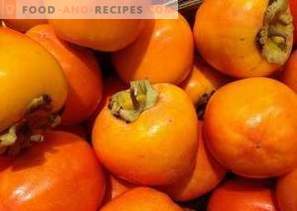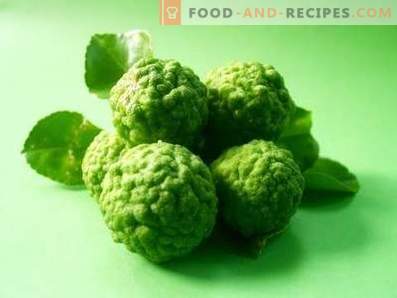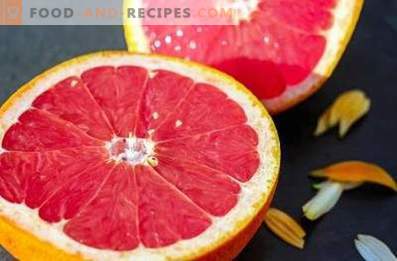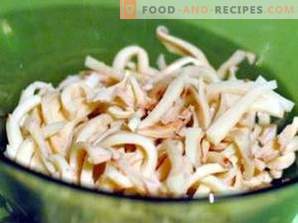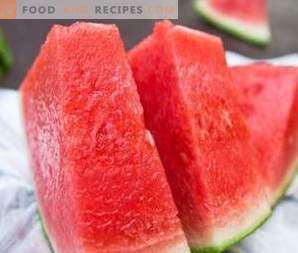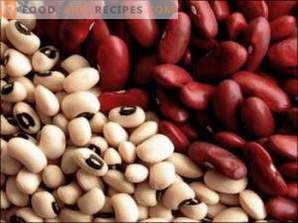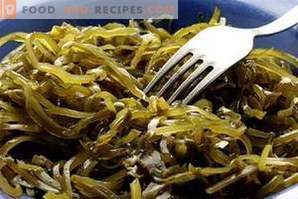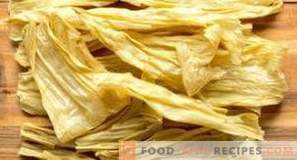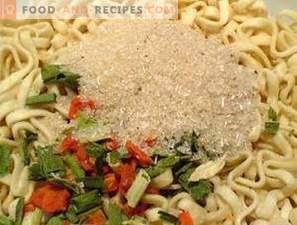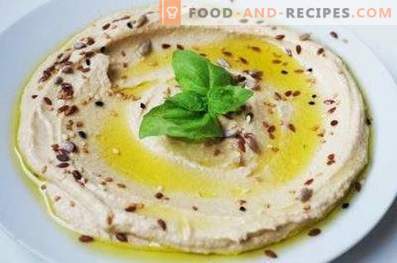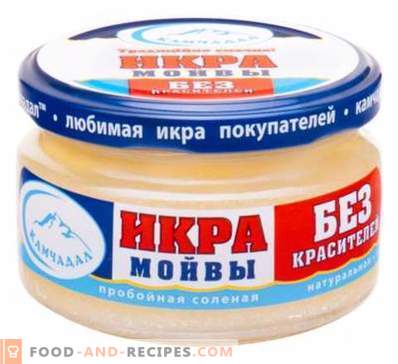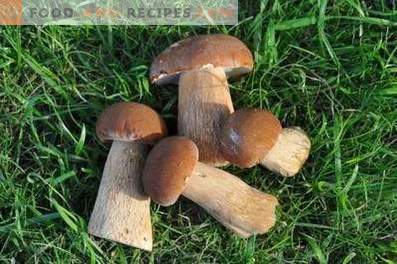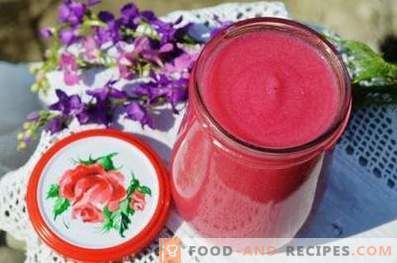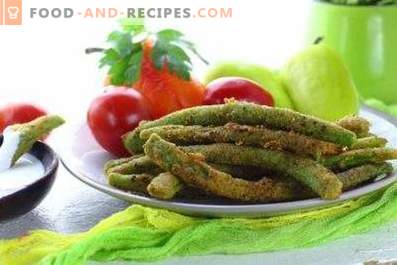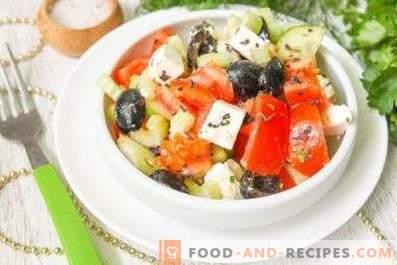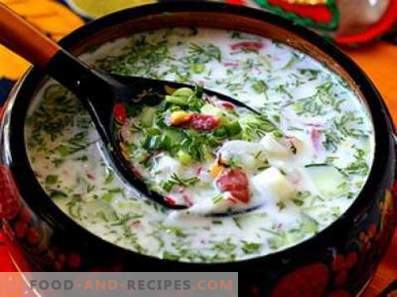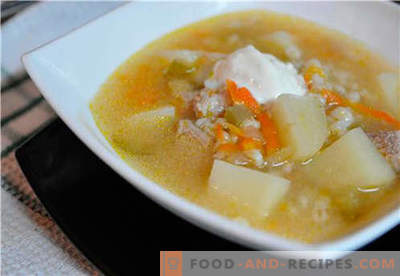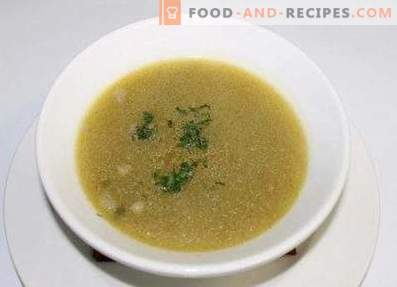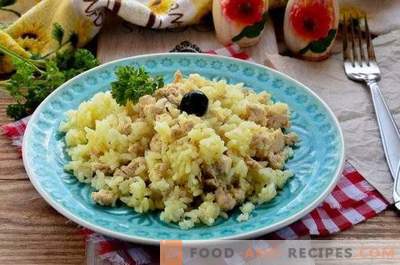
With the onset of cold weather, persimmon appears in the markets and shops - a sweet oriental fruit, which has not only a pleasant taste, but also useful properties. Indeed, the composition of persimmon is unique, as the fruits of this tree of the ebony family contain a huge amount of vitamins such as A, B and C. In addition, persimmon is rich in micro and macro elements, among which is iron , potassium, sodium, zinc, phosphorus, cobalt, calcium, magnesium, iodine, copper, manganese and nickel. Plus, if we talk about the nutritional value of persimmon, it should be noted that it contains acids such as malic, citric and folic. Due to this, persimmon is not only easily absorbed by the body, but also helps to improve digestion, has a beneficial effect on the endocrine system and, in particular, regulates the thyroid gland. In turn, pectins, which are contained in the pulp of this tropical fruit, not only perfectly break down fats and carbohydrates, but also have a beneficial effect on the body's metabolism. For this reason, persimmon, in which quite a lot of glucose, is often used as a dietary dish, with the help of which you can get rid of excess fat deposits. Also, persimmon has excellent antibacterial properties, so it is shown to be used for stomach disorders and food poisoning. It is proved that persimmon not only easily satisfies hunger, but also has healing properties. It has a very positive effect on the cardiovascular and nervous system of a person, improves brain function and relieves fatigue. In addition, persimmon has excellent diuretic qualities, because it is recommended to include in the diet for people who suffer from kidney disease and constantly complain of swelling.
How many calories in a persimmon
At the same time, the regular consumption of persimmon does not at all affect the slimness of the figure, since 100 g of the pulp of this fruit contains only 53 kilocalories. It is also worth noting that persimmon is rich in carbohydrates, which make up about 17% of the total mass of the fruit. At the same time, the amount of fat in persimmon does not exceed 0, 2%, and proteins - 0, 5%.
Persimmon is also unique in that it has practically no contraindications. The fruits of this plant are easily digested and do not cause an allergic reaction. However, due to the high content of glucose, its use should be limited to people who suffer from diabetes.
